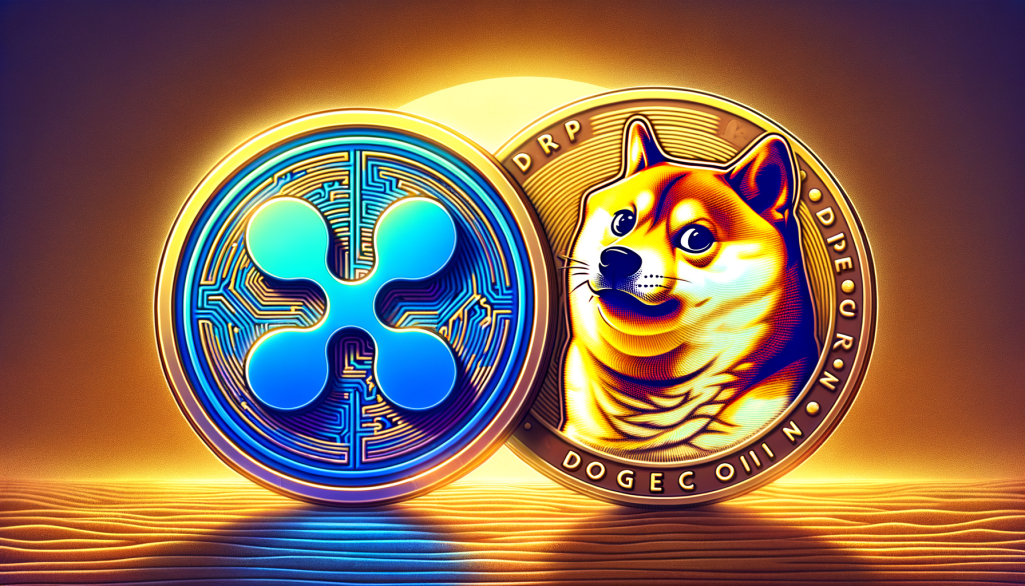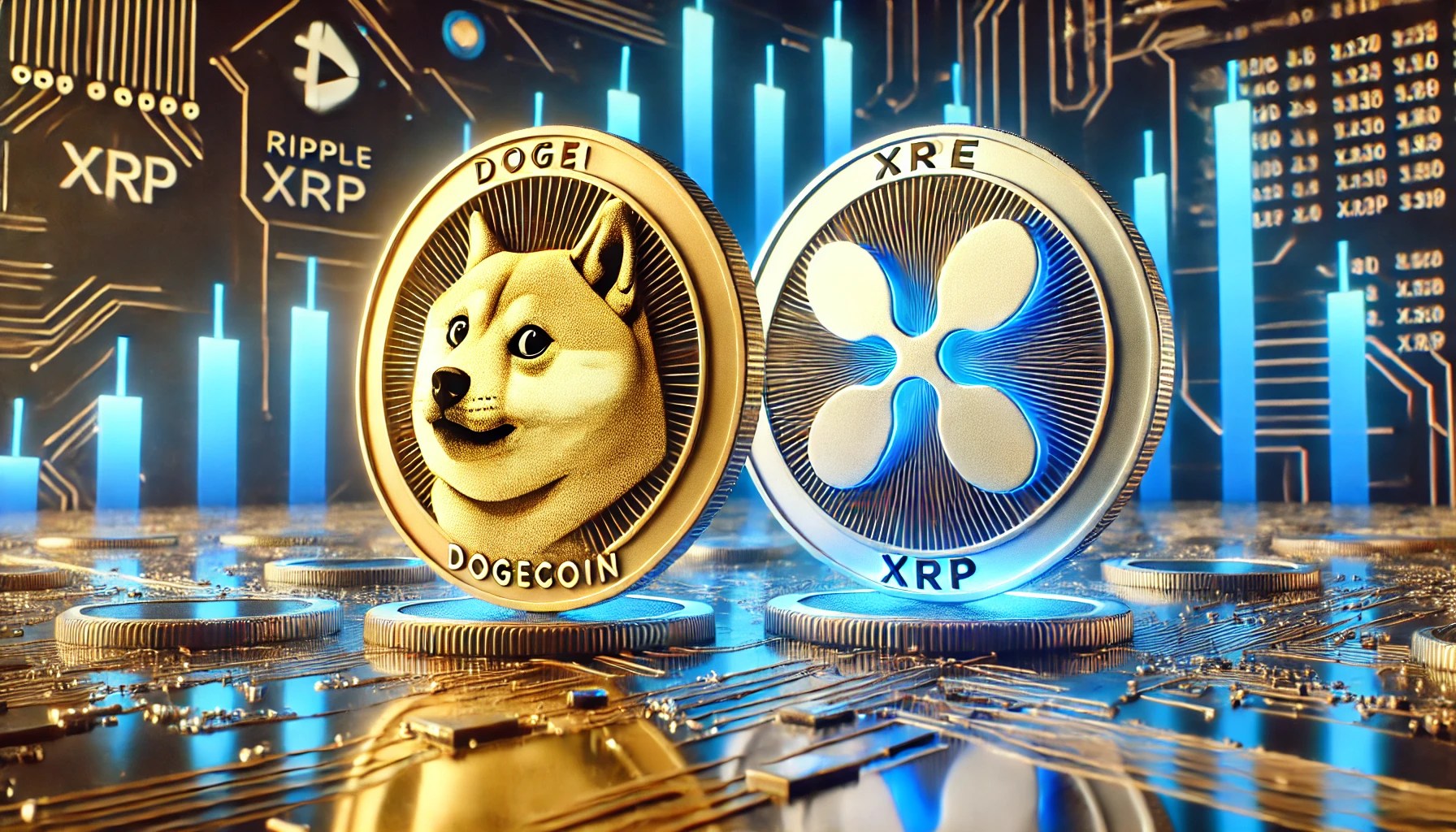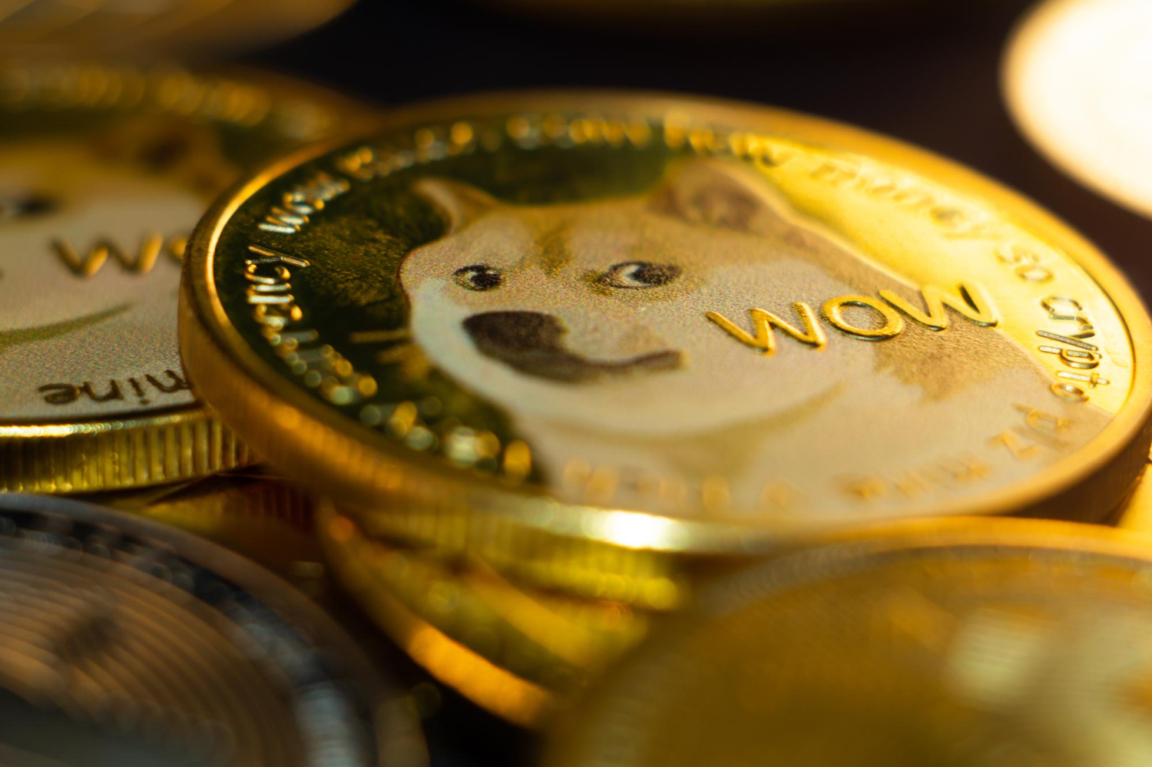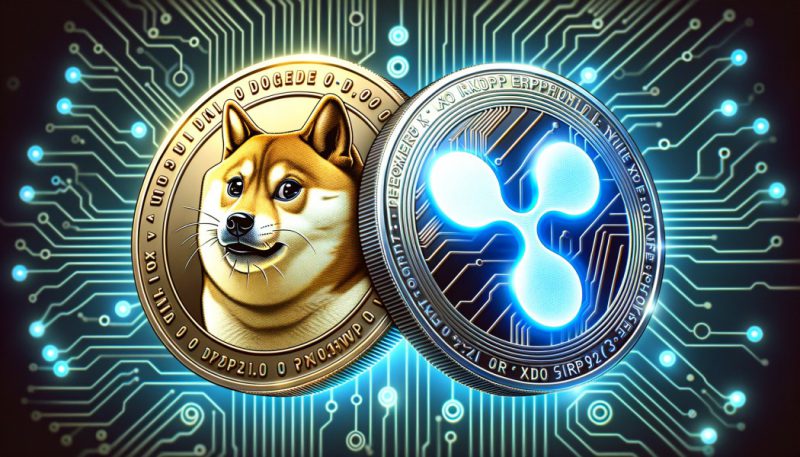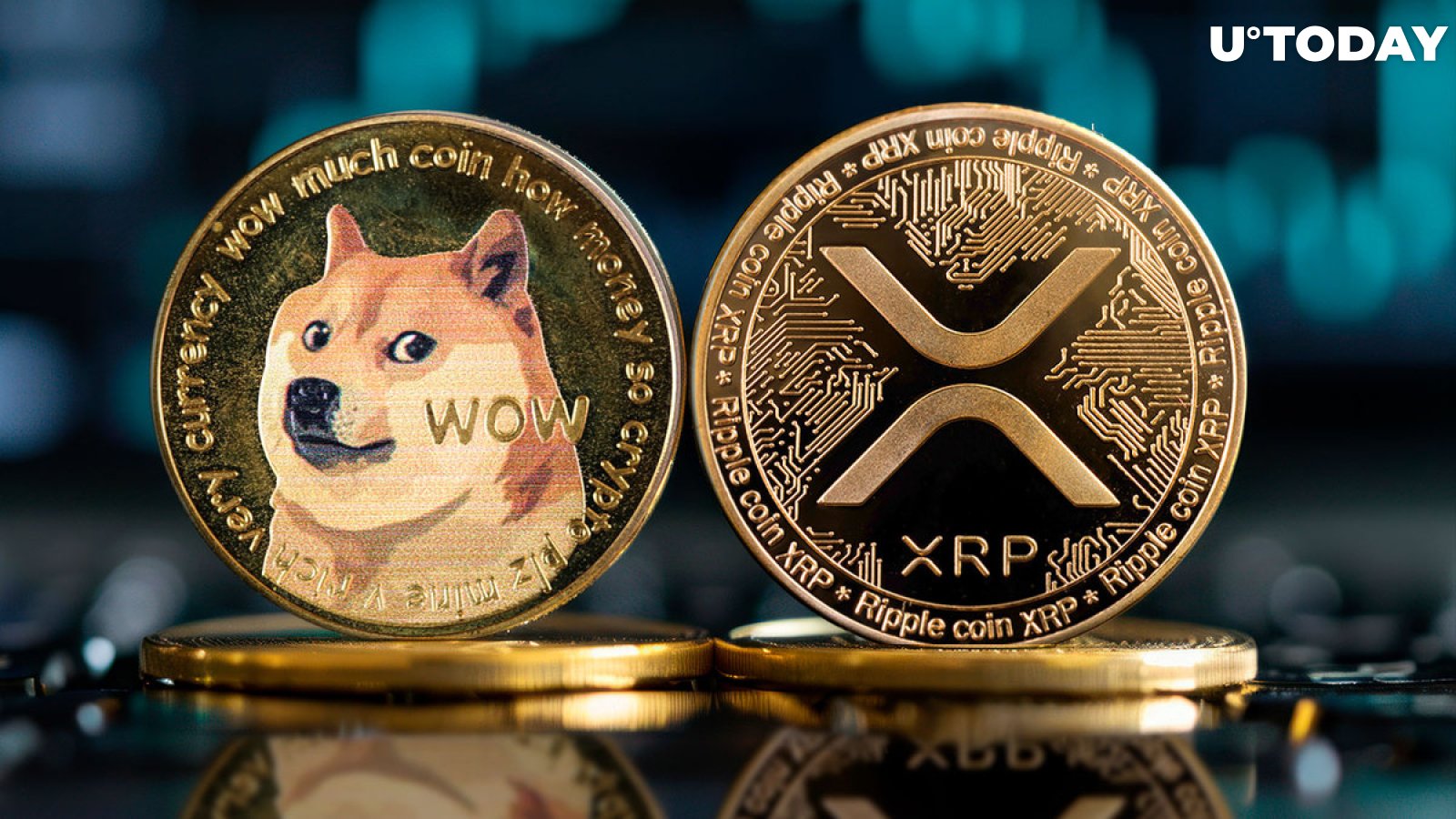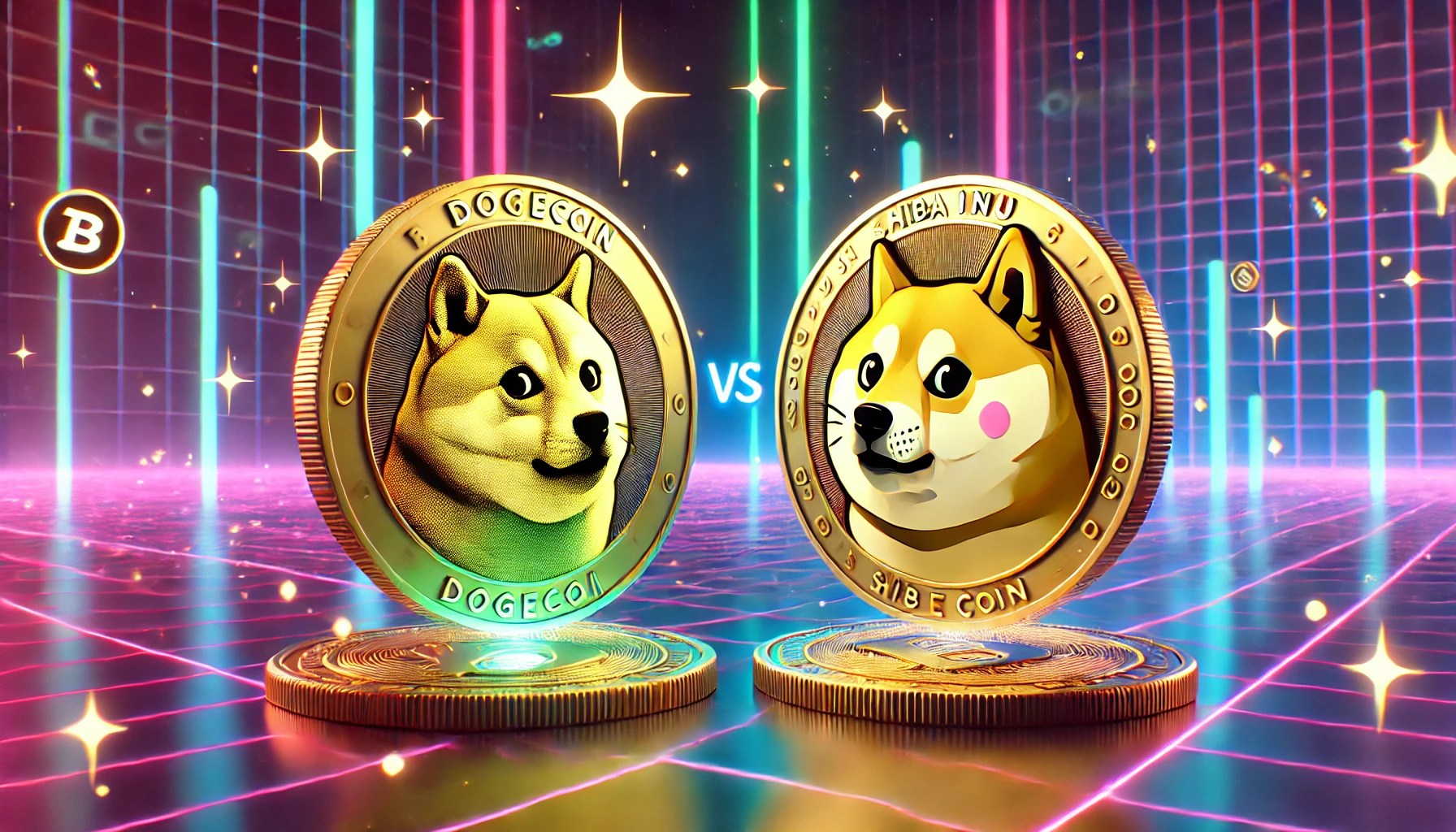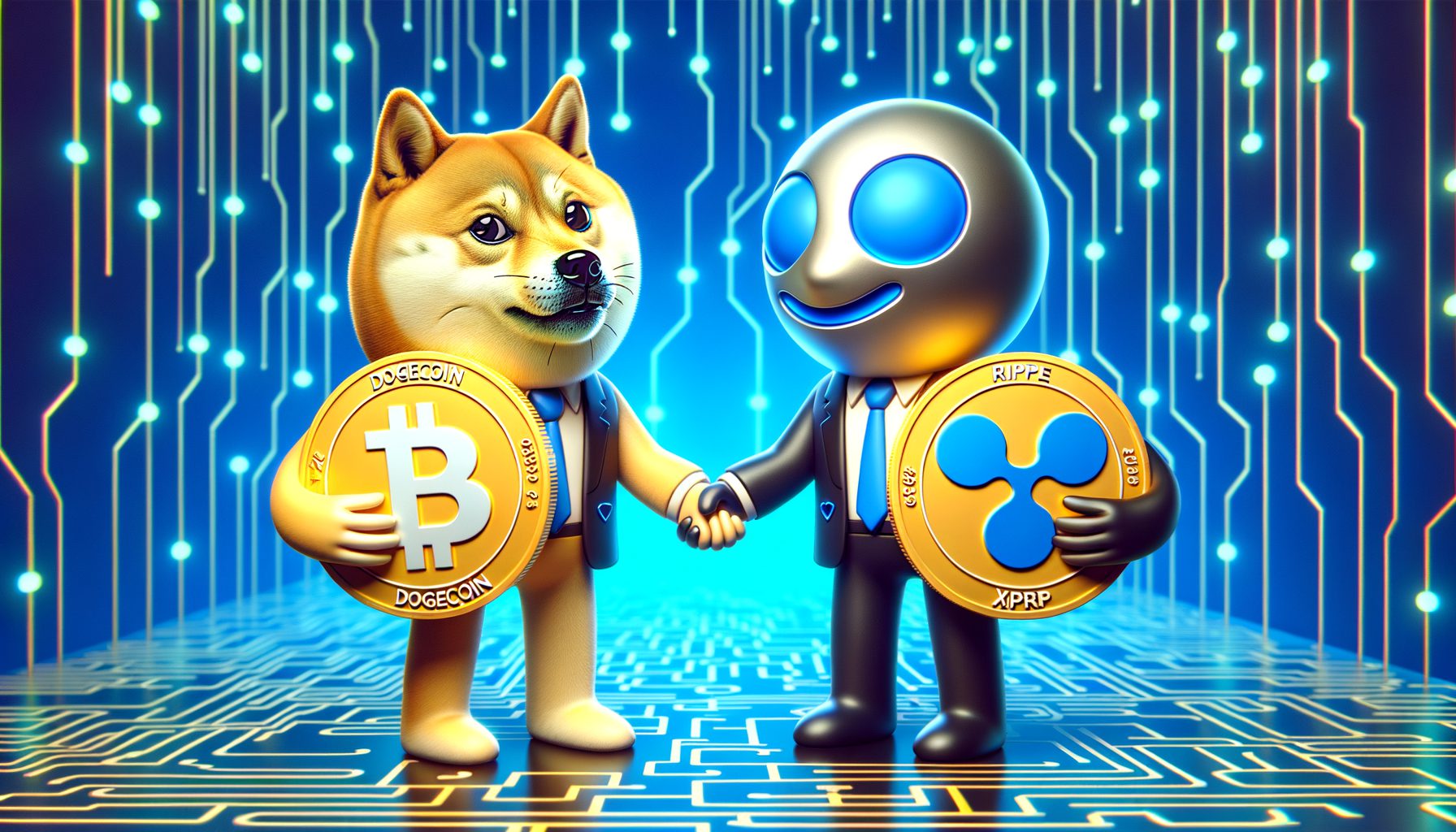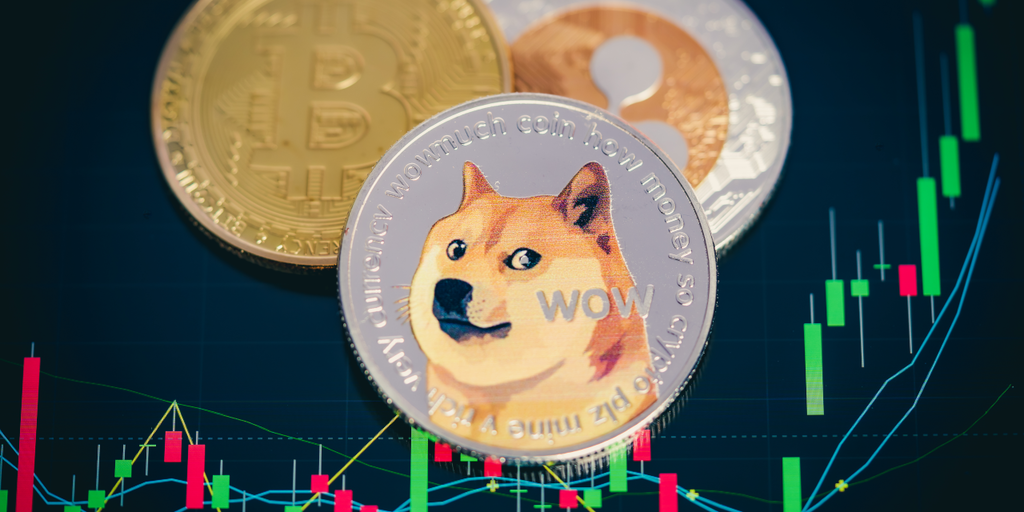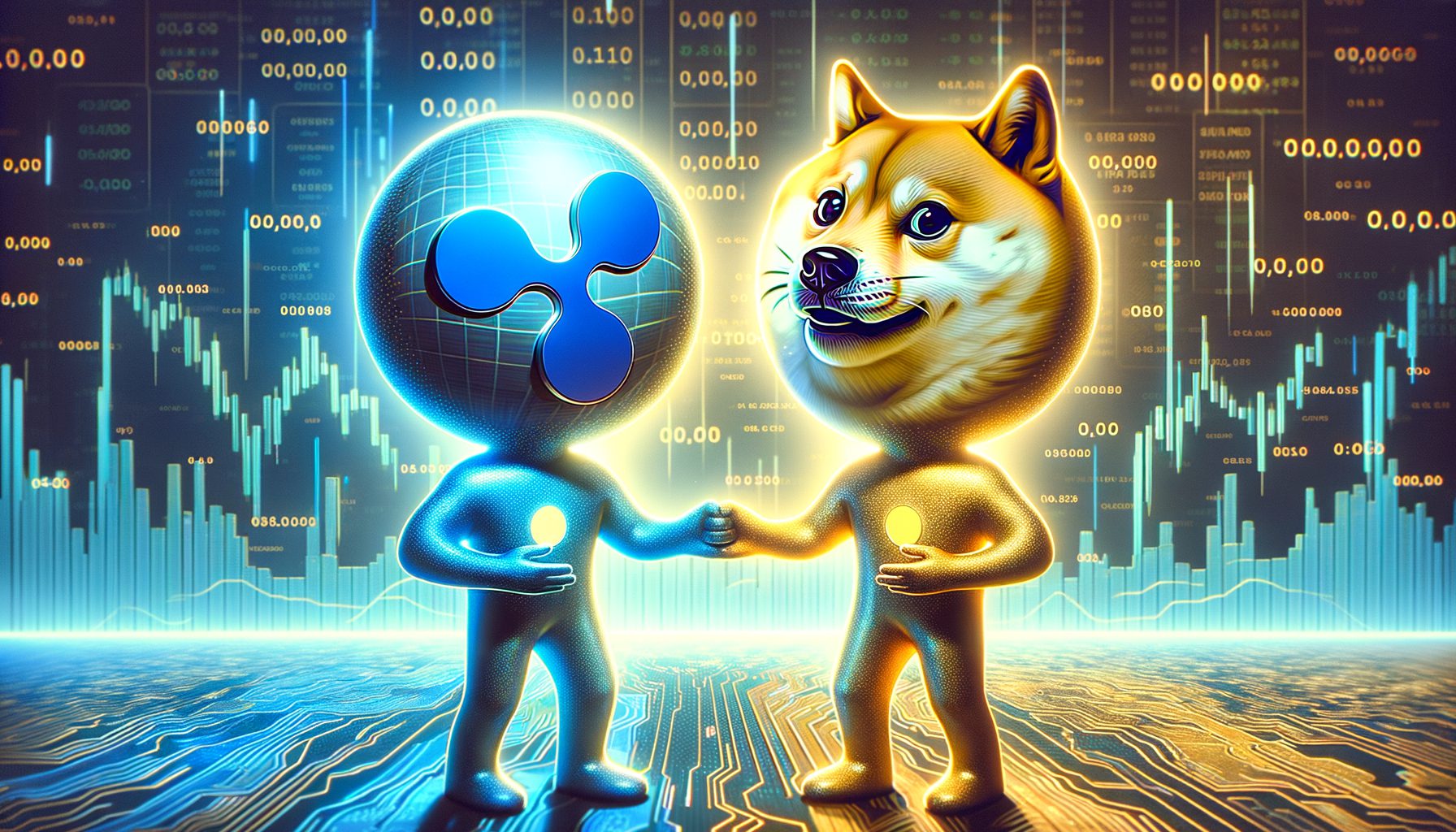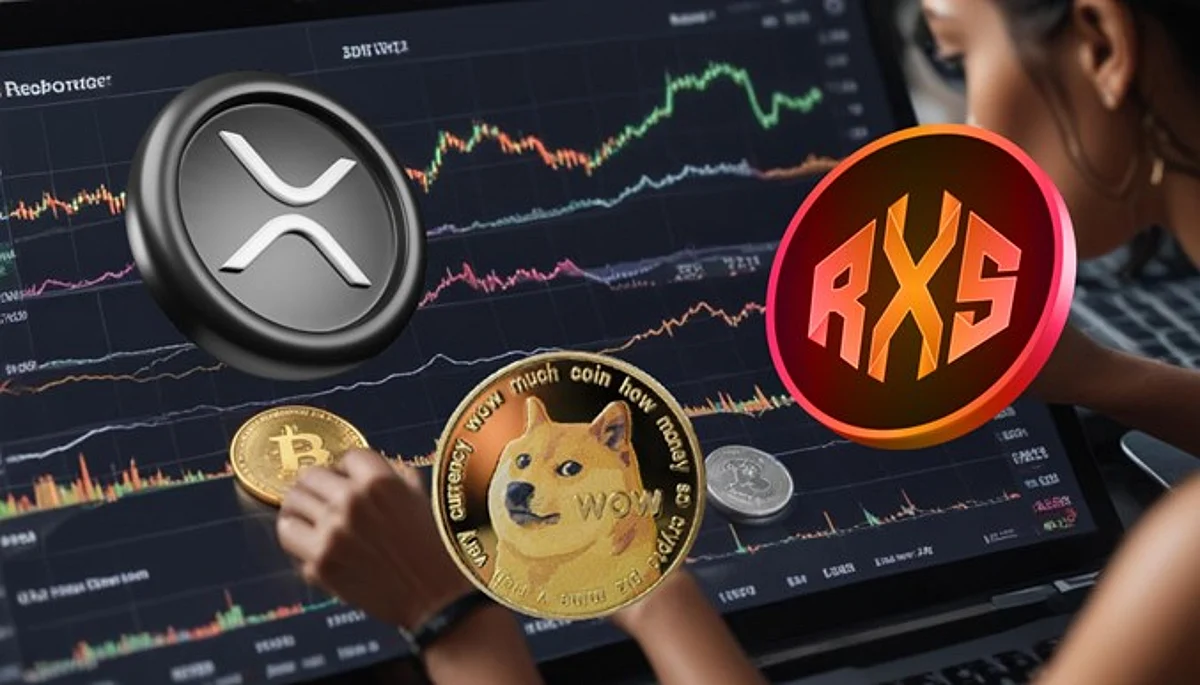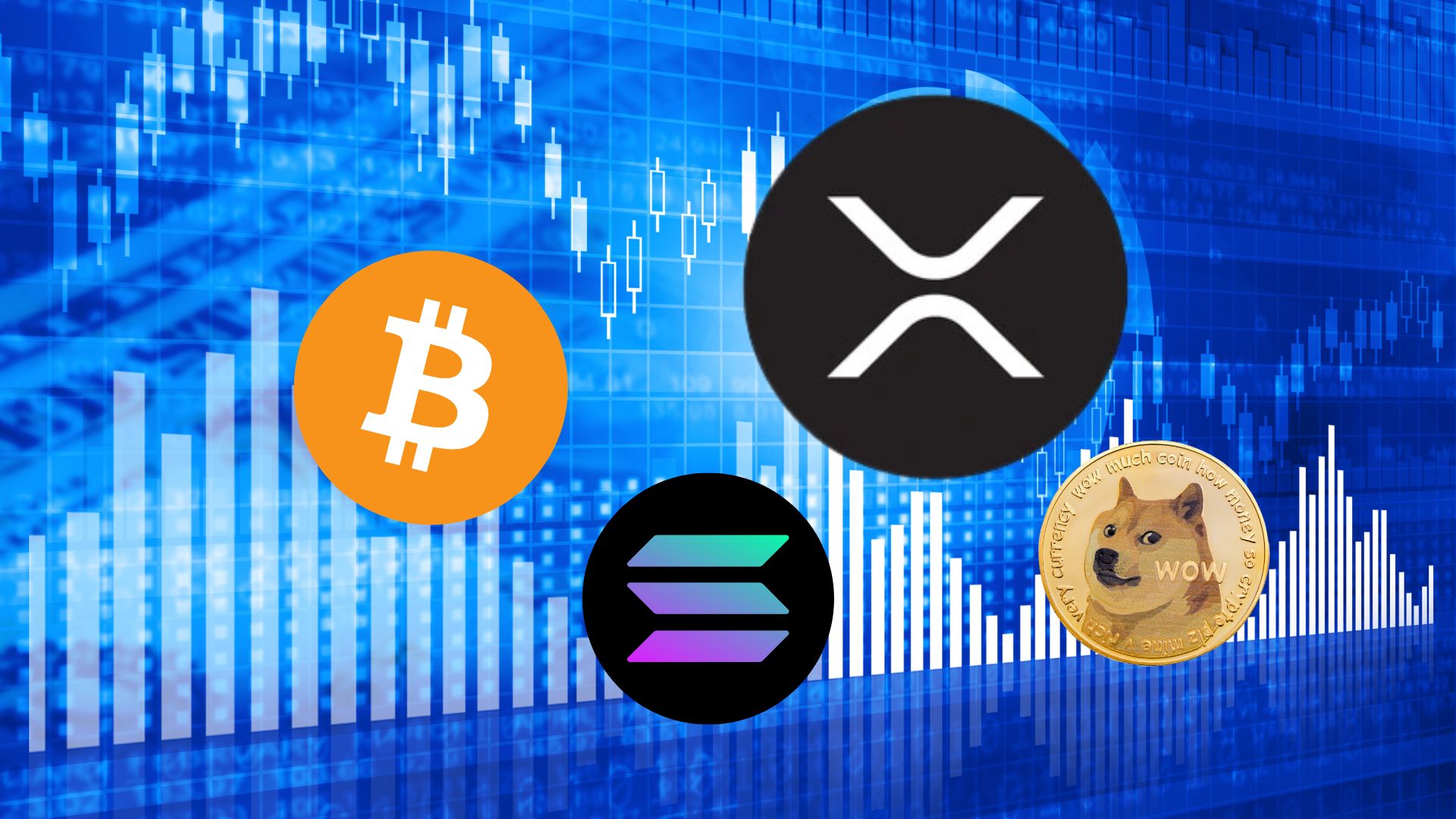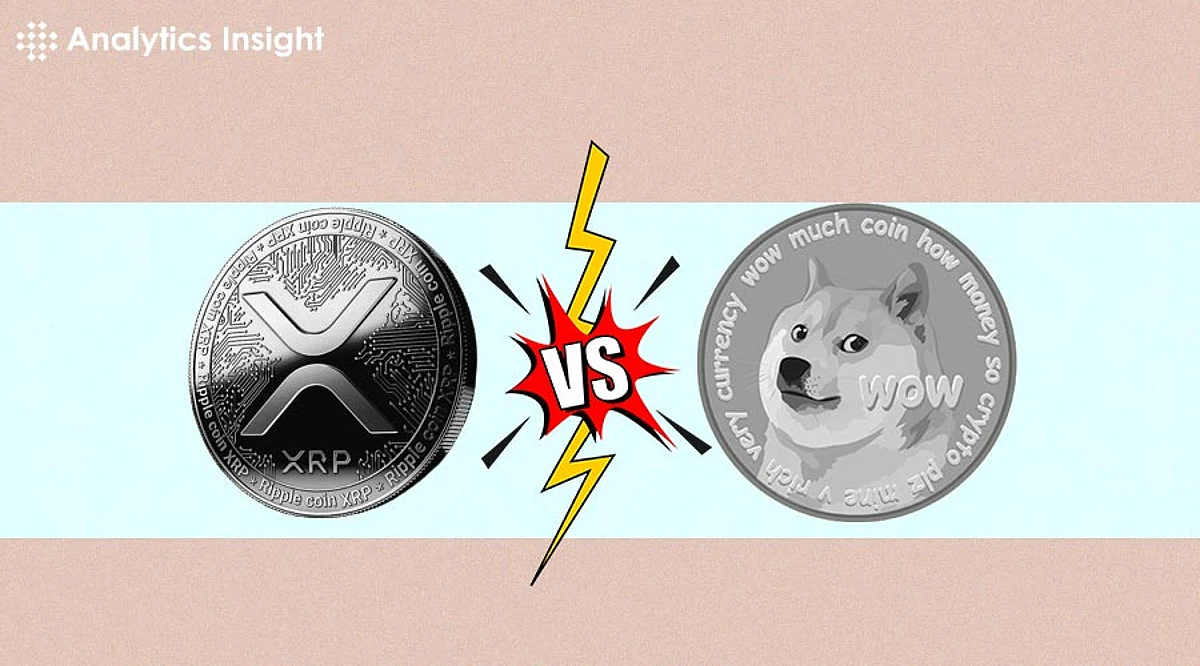Xrp Or Dogecoin Which Is Better

The world of cryptocurrency is a constantly evolving landscape, filled with digital assets vying for dominance and investor attention. Among the most prominent contenders are XRP and Dogecoin, two cryptocurrencies with vastly different origins, functionalities, and communities.
Which one reigns supreme? This article breaks down the key differences between XRP and Dogecoin, examining their technologies, use cases, market performance, and the factors that drive their value.
Understanding XRP and Dogecoin
XRP, created by Ripple Labs, aims to facilitate faster and cheaper international money transfers for financial institutions.
Its underlying technology, the Ripple Protocol, is designed to be a real-time gross settlement system (RTGS), currency exchange, and remittance network.
Dogecoin, on the other hand, started as a lighthearted meme-coin in 2013, featuring the Shiba Inu dog from the "Doge" internet meme.
Created by software engineers Billy Markus and Jackson Palmer, it was intended to be a fun, less intimidating alternative to Bitcoin.
Technology and Functionality
XRP utilizes a unique consensus mechanism different from the proof-of-work or proof-of-stake models used by many other cryptocurrencies.
It relies on a network of trusted validators to verify transactions, making it faster and more energy-efficient than Bitcoin.
Dogecoin, initially based on Litecoin's technology, employs a simpler proof-of-work algorithm.
This means miners compete to solve complex mathematical problems to validate transactions and earn Dogecoin rewards.
Use Cases and Adoption
XRP's primary use case is to streamline cross-border payments for banks and payment processors.
Ripple has partnered with numerous financial institutions around the world to implement its technology, aiming to reduce transaction costs and settlement times.
Dogecoin, despite its origins as a joke, has found a niche as a tipping currency on social media platforms.
Its low transaction fees and enthusiastic community have also led to its adoption for small online purchases and charitable donations.
Market Performance and Volatility
XRP's price is significantly influenced by regulatory developments, particularly the lawsuit filed by the U.S. Securities and Exchange Commission (SEC) against Ripple Labs.
Legal uncertainties have contributed to price volatility and hindered its adoption in the United States.
Dogecoin's price is notoriously volatile, heavily influenced by social media trends and endorsements from high-profile figures like Elon Musk.
Its price surges are often followed by significant corrections, making it a risky investment for those seeking stable returns.
Community and Sentiment
XRP has a dedicated community of supporters who believe in its potential to revolutionize the financial industry.
This community actively promotes XRP and advocates for its adoption by financial institutions.
Dogecoin's community is known for its lighthearted and supportive culture.
It emphasizes fun, generosity, and inclusivity, often participating in charitable initiatives and spreading positive vibes online.
Key Differences Summarized
Purpose: XRP is designed for institutional use in cross-border payments, while Dogecoin is primarily used for tipping and small online transactions.
Technology: XRP utilizes a unique consensus mechanism for fast and efficient transactions, while Dogecoin uses a simpler proof-of-work algorithm.
Market Performance: XRP's price is influenced by regulatory factors, while Dogecoin's price is highly volatile and driven by social media trends.
Investment Considerations
Investing in any cryptocurrency involves risk, and XRP and Dogecoin are no exception.
XRP investors should carefully consider the regulatory uncertainties surrounding Ripple Labs and the potential impact on its future growth.
Dogecoin investors should be prepared for extreme price volatility and understand that its value is largely driven by social sentiment and speculation.
Expert Opinions
"XRP has the potential to transform the way financial institutions handle cross-border payments, but regulatory clarity is essential for its widespread adoption," says a financial analyst from Bloomberg.
"Dogecoin is a fun and engaging cryptocurrency, but its long-term viability is questionable given its lack of fundamental value," comments a cryptocurrency expert from CoinDesk.
Conclusion
Ultimately, whether XRP or Dogecoin is "better" depends on individual investment goals and risk tolerance.
XRP offers the potential for long-term growth in the financial sector, but faces regulatory hurdles. Dogecoin provides a fun and accessible entry point into the world of cryptocurrency, but carries significant risks due to its volatile nature.
Both XRP and Dogecoin have carved out unique niches in the cryptocurrency landscape, appealing to different audiences and serving distinct purposes.

